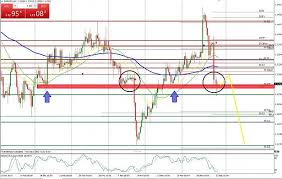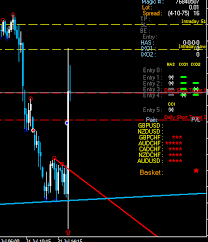
Introduction
The stock market is ever-evolving, and investors closely monitor the performance of major corporations to make informed decisions. Boeing, a leader in the aerospace industry, is particularly noteworthy due to its strategic importance and impact on global trade and travel. As of late 2023, understanding Boeing stock trends is crucial for investors, especially given the recent fluctuations and the company’s recovery from past challenges.
Current Performance
Boeing’s stock (BA) has shown a moderate recovery this year, with prices hovering around $220, reflecting a significant increase from the lows experienced in 2020 due to the COVID-19 pandemic and subsequent mismanagement of the 737 MAX crisis. The company has restructured its operations and is now focusing on restoring confidence among investors and customers. On October 15, 2023, Boeing announced a new contract with a major airline, which is projected to boost its production capacity and earnings in the coming quarters.
Market Factors Influencing Boeing Stock
Several key factors are influencing Boeing’s stock performance. Firstly, the rising demand for air travel, particularly in Asia-Pacific regions, is pushing airlines to renew their fleets, directly impacting Boeing’s sales. Furthermore, supply chain challenges continue to pose risks, as they could delay production schedules and affect delivery times. Additionally, the overall economic outlook remains uncertain, with inflationary pressures and fluctuating interest rates potentially impacting investment decisions across all sectors, including aerospace.
Future Outlook
Looking ahead, analysts predict cautious optimism for Boeing’s stock. Analysts have set price targets ranging from $230 to $280, primarily driven by expected increases in aircraft deliveries and possible new orders for defense contracts. Investors are advised to keep an eye on Boeing’s upcoming quarterly earnings report, which may provide insight into the company’s financial health and ability to navigate ongoing challenges. In essence, while there are concerns regarding external economic factors, Boeing’s substantial backlog of orders and its ongoing recovery suggest a potential for growth in the stock over the next year.
Conclusion
In summary, Boeing stock remains a focal point for many investors, reflecting both the challenges and opportunities of the aerospace sector. While market volatility and economic uncertainties present risks, the company’s strategic initiatives and favorable demand trends could lead to a positive trajectory for its stock. Investors should conduct thorough research and consider both recent trends and future projections when making investment decisions related to Boeing.






